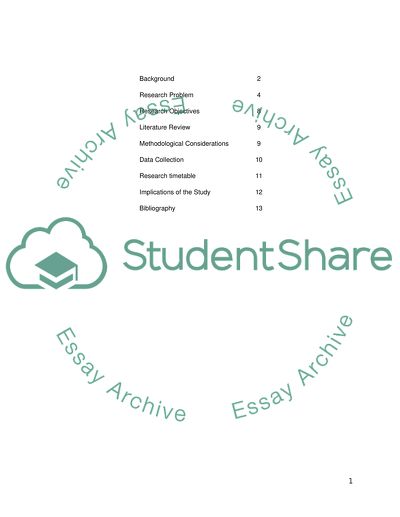Cite this document
(Thailands Tourism Industry through Royal Thai Airways Research Proposal, n.d.)
Thailands Tourism Industry through Royal Thai Airways Research Proposal. Retrieved from https://studentshare.org/tourism/1519299-royal-thai-airways
Thailands Tourism Industry through Royal Thai Airways Research Proposal. Retrieved from https://studentshare.org/tourism/1519299-royal-thai-airways
(Thailands Tourism Industry through Royal Thai Airways Research Proposal)
Thailands Tourism Industry through Royal Thai Airways Research Proposal. https://studentshare.org/tourism/1519299-royal-thai-airways.
Thailands Tourism Industry through Royal Thai Airways Research Proposal. https://studentshare.org/tourism/1519299-royal-thai-airways.
“Thailands Tourism Industry through Royal Thai Airways Research Proposal”, n.d. https://studentshare.org/tourism/1519299-royal-thai-airways.


